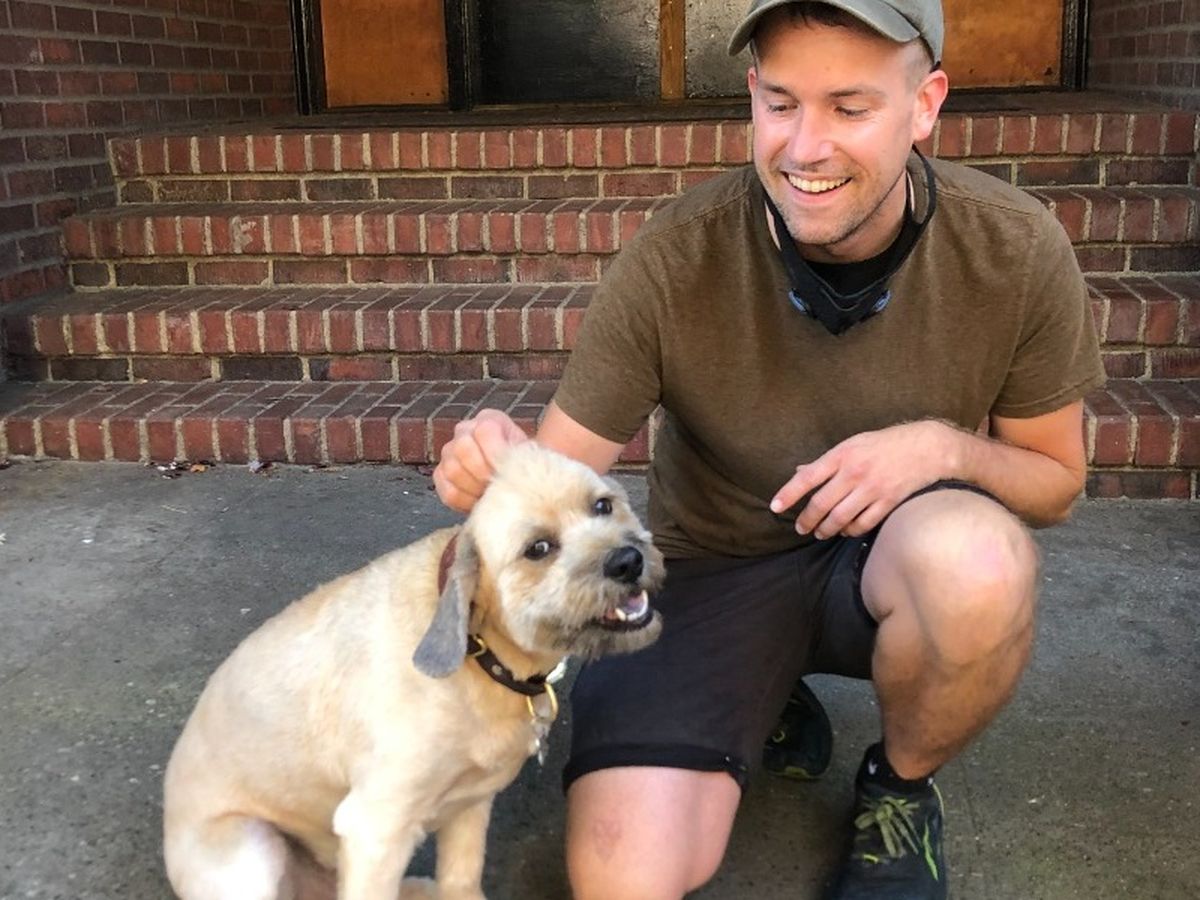
Why I’m reaching out
I’m a musician who’s worked in just about every aspect of the service industry in Seattle for the last eighteen years. I've recently been diagnosed with major depressive disorder, general anxiety and alcohol abuse disorder. I made the hard decision to leave Seattle and detox with my family in Iowa. I went to the emergency room as soon as I got here for alcohol withdrawal and suicidal ideation. With the help of medication, counseling and loved ones I'm no longer going through withdrawal and I've been sober for almost two weeks. I'm meeting with therapists, substance abuse counselors, psychiatrists and participating in meetings almost every day. Nevertheless, the depression is still there.
After numerous conversations with my health care team, in addition to my own research, I've learned how conventional antidepressants, such as TCAs (tetracyclics and tricyclics), SSRIs (selective serotonin reuptake inhibitors), and SNRIs (serotonin and norepinephrine reuptake inhibitors) affect the brain. Some examples of these are Paxil, Prozac, Zoloft, Celexa, Luvox, Wellbutrin, Cymbalta, Effexor, Lexapro etc... (I imagine some of these sound familiar). While these drugs have helped many people with their depression, they have had no effect on me in the past, despite regular therapy and improved diet and exercise. I know I need to find a treatment for depression that works for me.
Fortunately, there is hope. Ketamine has long been an important anesthetic used in operating rooms, but at lower doses it also has been found to have many remarkable antidepressant properties, and is used off-label to treat depression. It has helped many people.
How antidepressants and ketamine work in the brain
This section provides some background on how antidepressants work in the brain for those who are interested. If this is too much detail, skip down to the section below: “How you can help me.”
When two neurons communicate, not all of the neurotransmitters (such as serotonin) make it from the sender to the receiver. Our nervous system is very conservation-minded so we have a method of recycling excess neurotransmitters to be used later through a process called reuptake. The way reuptake inhibitors work (SSRIs) is by blocking your brain's natural ability to recycle, leaving high levels of serotonin in the synaptic cleft (aka the space between neurons) which, in theory, should improve your mood.
However, there are some problems with this approach. For one, we don’t even know if a lack of serotonin is the reason people are depressed. For another, serotonin makes up less than 20% of the neurotransmitters that regulate our mood. The other 80% consists of glutamate and GABA (gamma aminobutyric acid).
This is where ketamine comes in. Ketamine takes the opposite approach of SSRIs by using glutamate to open up or "excite" receptors on the receiving neuron.
Glutamate is the brain’s most common excitatory neurotransmitter accounting for well over 90% of synaptic connections. It regulates the brain’s ability to process cognitive thoughts, emotions, and facilitate neuroplasticity. Glutamate strengthens synaptic connections and helps create new neural pathways. It plays a key role in how an individual learns, remembers, and responds to experiences. It's responsible for producing and balancing GABA, a calming neurotransmitter. Overactive glutamate receptor genes can cause an imbalance with GABA, resulting in changes in mental health. High levels of glutamate and low GABA can lead to anxiety, for example, while depleted glutamate and GABA can result in depression. Ketamine stabilizes the levels of these important neurotransmitters.
Ketamine works in a way that is fundamentally different from traditional antidepressants. To make a computer analogy: ketamine has been compared to a "hardware" reset while SSRIs are more like "software" updates. It enables the brain to create new pathways. Rather than simply increasing mood hormones (traditional antidepressants), it makes the brain adaptable. When combined with proffesional psychotherapy, ketamine makes it possible for patients to develop more positive thoughts and behaviors.
One round of ketamine treatments makes lasting changes to the brain's functioning. Unlike tradional antidepressants, ketamine takes effect immediately. In addition to all of this, the side effects of ketamine are minimal.
Studies have shown the results of ketamine treatment combined with professional therapy are highly effective at treating depression. I have some close friends that have turned their lives around with this type of treatment. While it’s a relatively new treatment, the success stories are numerous and I would really like to give it a try.
How you can help me
Ketamine infusion, while touted by many as a "miracle drug" for depression is still not covered by my insurance and must be paid for out of pocket. Each session is $500 and a total of six sessions are needed to complete the full treatment. Any contribution of any size would be sincerely appreciated. Even if you're not in a position to contribute, I appreciate you taking the time to read this and at the very least I hope this has been informative, especially if you or someone you know and love is suffering from depression.
My friends and family are the most important part of my life and I know I've hurt them through my lack of self-care and being in denial about my depression and alcohol abuse. I'm no longer in denial. I'm asking for all the help I can get. Thankyou from the bottom of my heart.

